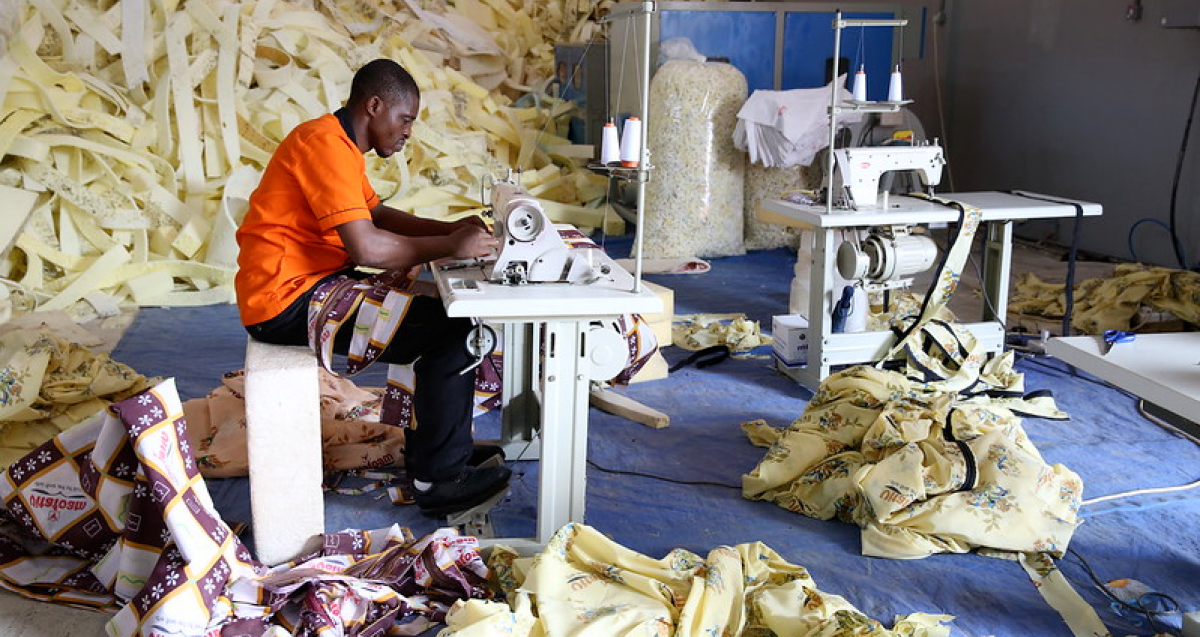Private sector investments are critical to achieving sustainable development in both fragile and conflict affected states (FCS) and the least developed countries (IDA countries). Still, multiple challenges, posed by the risks and unpredictability involved in IDA countries and FCS, inhibit private sector participation. Unleashing the full potential of the private sector in these countries requires constant innovation, experimentation and learning.
The Private Sector Window (PSW) is one such innovation. The PSW is IDA’s first blended finance instrument and uses non-commercial, development funds to mobilize private sector investments in underserved sectors and markets in the poorest and most fragile IDA countries. The PSW seeks to mobilize private sector investments by reducing their financial risks.
IEG assessed the early implementation of the PSW in IDA18, from financial years 2018 to 2020, and focused on four interrelated issues: usage of the PSW, its additionality (relating to the growth of IFC and MIGA investments and guarantees in PSW-eligible countries, and IFC’s and MIGA’s entry in new markets or sectors) , the level of concessionality (the determination of subsidies to make IFC and MIGA investments commercially viable), and its governance. IEG did not assess the impact of PSW-supported projects on the ground as it is too early to evaluate their development outcomes.
Our findings and conclusions invite a reflection on the trade-offs related to the PSW’s limited deployment in IDA18, and course corrections and complementary efforts to support private sector investment in FCS, where needed:
- IFC and MIGA’s usage of the PSW has been well below the original IDA18 allocated amounts. Investing in scaling up project development and preparation efforts can grow the PSW pipeline. IFC has committed resources to increase upstream activities, which might address some nonfinancial constraints to develop a pipeline of projects, but these have yet to develop a pipeline of commercially viable projects in PSW-eligible countries.
- In some markets, more concessionality may be required to overcome non-financial risks to make private investment commercially viable. Higher concessionality, however, may affect other market participants, and maintaining a level playing field will require a careful balance of commercial versus concessional finance to prevent market distortions.
- The World Bank Group could explore alternative coordinated approaches and instruments to mitigate non-financial risks related to governance, uncertainty, and underdeveloped institutions and markets.
- Technical assistance to private sector actors the PSW aims to support is an important ingredient. Early evidence suggests that the inclusion of technical assistance in IFC and MIGA projects may have helped increase and sustain the PSW pipeline.
- Large doses of realism and flexibility when setting targets are called for around what the PSW and other blended-finance instruments can achieve in FCS and IDA countries.













